Weeklong meeting to focus on issues affecting globe in wake of rising disasters
The impact of climate change on flood risks is expected to be discussed at the 18th World Water Congress in Beijing this week, with Chinese experts hoping to share their experiences on dealing with recent deluges and learn from other countries.
Held every three years since 1973, it's the first time that China has hosted the event.
Speaking ahead of the congress, Li Yuanyuan, president of the International Water Resources Association, underscored emerging challenges as well as old ones for China and the world in water resources management, citing the recent devastating downpours and flooding in China in the Haihe River Basin.
Impacted by Typhoon Doksuri and a cold front, the entire basin, which covers the Beijing-Tianjin-Hebei region, was engulfed by rainfall from July 28 to Aug 1. The average daily precipitation in the basin reached 155.3 millimeters.
Beijing, for instance, received 331 mm of rainwater in just 83 hours, which is about 60 percent of its annual average precipitation.
"Extreme weather events in China have become more frequent and intense, with some areas experiencing rainfall exceeding historical records. Major floods that affect entire river basins also occasionally happen, resulting in significant risks and disasters," he said.
To some extent, climate change has aggravated flood risks, stressed Li, who is also vice-president of the General Institute of Water Resources and Hydropower Planning and Design, an affiliate of China's Ministry of Water Resources.
"The congress offers a great opportunity for China to share its experiences and wisdom on water resources management while learning from countries across the world," said Li.
As one of the world's largest congresses linking water policymakers, researchers and policy practitioners, the congress this year is themed "Water for All: Harmony between Humans and Nature".
In China, where water resources are located and when it rains present a challenge, with precipitation mainly concentrated in summer, and northern China suffering water shortages, said Li.
The country has encountered many challenges in water resources management since the 1980s, as its population grew, the economy expanded, and industrialization and urbanization accelerated, posing an increasing amount of pressure on the water environment, he noted.
Against this backdrop, "water scarcity, water pollution and water ecosystem damage have gradually become severe challenges to China's sustainable socioeconomic development," he said.
Despite the challenges, he said, China has made significant achievements in water resources governance since the 18th National Congress of the Communist Party of China in 2012.
Under the guidance of President Xi Jinping's water management concept of "prioritizing water conservation, balancing spatial distribution, taking systematic approaches, and giving full play to the roles of both government and market", Li said, "China has embarked on a fast track in reforming and developing its water resources management system."
After approving 172 major projects for water conservation and water supply in 2014, the central authorities greenlighted another 150 major water resources management projects in 2020, and then also issued a guideline for shoring up the construction of a national water network.
The guideline vows to establish a national, integrated "water network" for water resource management by 2035. Based on natural water bodies, the network will be a comprehensive system that combines water resources allocation, disaster mitigation, water ecology and environment conservation.
Li said thanks to consistent efforts from the Chinese government a national water resources allocation system that features water diversion from the south to the north and mutual aid between the east and the west has come into being.
To date, water resources management projects across the country have a combined capability to annually supply 899.8 billion cubic meters of water, and 88 percent of the rural population has access to concentrated water supply, he said. Almost 70 million hectares of farmland across the country can be irrigated effectively.
"China has built the largest and most extensive water infrastructure system that benefits the largest population in the world. With only 6 percent of the world's freshwater resources, the country manages to guarantee a water supply for 18 percent of the world's population and contributes to over 18 percent of the world economic aggregate," Li said.
The 18th World Water Congress offers an excellent opportunity for China to showcase these achievements, he said.










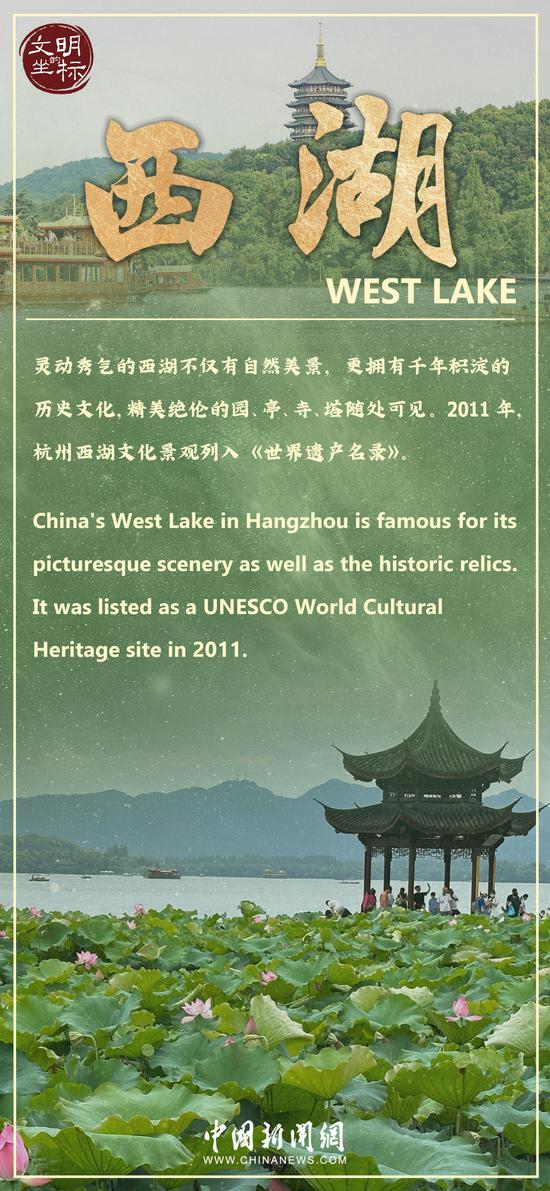





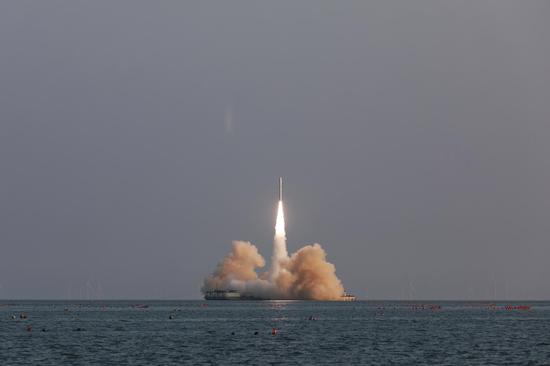







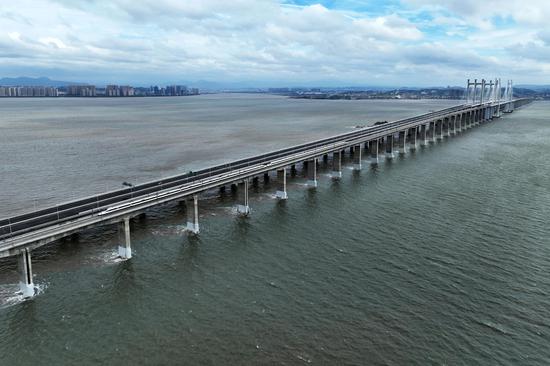


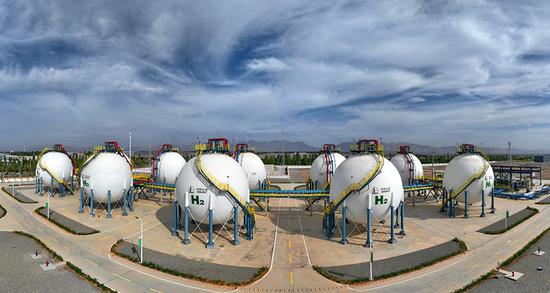











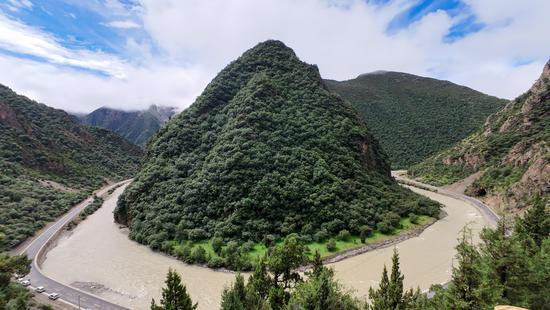

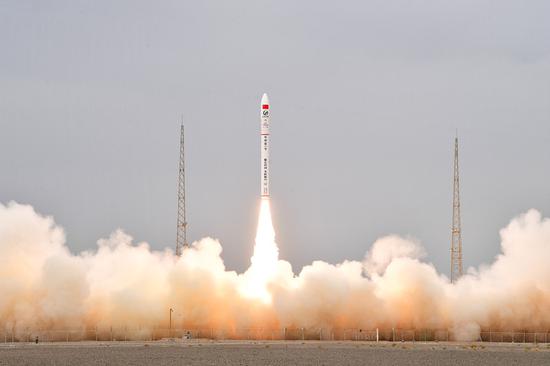








 京公网安备 11010202009201号
京公网安备 11010202009201号